 W
WFriedrich Christian Baumeister was a German philosopher.
 W
WJohann Erich Biester was a German philosopher. With Friedrich Nicolai and Friedrich Gedike, he formed what was known as the 'Triumvirate' of late Enlightenment Berlin.
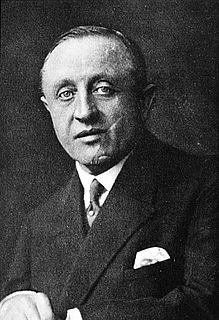 W
WJulius Binder was a German philosopher of law. He is principally known as an opponent of legal positivism, and for having remained as an active scholar during the 1930s in Nazi Germany who did not speak out against the prevailing government of that time.
 W
WDavid Christiani was a German mathematician, philosopher and Lutheran theologian. He became an ordinary professor of mathematics at the University of Marburg in 1643, ordinary professor of theology at the University of Giessen in 1681, and rector of the University of Giessen in 1686.
 W
WJean Clam, philosopher, sociologist and psychologist, Research Fellow at the Centre National de la Recherché Scientifique, Paris (CNRS), presently affiliated to EHESS in Paris.
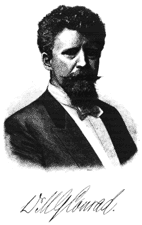 W
WMichael Georg Conrad was a German writer and philosopher. He was the publisher of Die Gesellschaft.
 W
WJohann Ulrich von Cramer was an eminent German judge, legal scholar, and Enlightenment philosopher.
 W
WJulius Duboc was a German author and philosopher.
 W
WNicolaus Hieronymus Gundling, was a German jurist and eclectic philosopher. He was born in Kirchensittenbach, and died in Magdeburg. He was the brother of Jacob Paul von Gundling, Court Historiographer to King Frederick I of Prussia, who became a figure of ridicule in the "Tobacco Cabinet" (Tabakskollegium) of Frederick William I.
 W
WPaul Hugo Wilhelm Hensel was a German philosopher.
 W
WPeter Janich was a professor of philosophy at the University of Marburg.
 W
WAnselm Jappe is a German professor of philosophy.
 W
WRobert Kurz was a German Marxist philosopher, social critic, journalist and editor of the journal Exit! He was one of Germany's most prominent theorists of value criticism.
 W
WJohann Joachim Lange was a German Protestant theologian and philosopher.
 W
WAdolf Lasson was a German Jewish philosophical writer, strident Prussianist, and the father of Georg Lasson.
 W
WTheodor Ludwig Lau was a German lawyer known for his radical writings. He adopted a materialistic-and pantheistic interpretation of Spinoza's Ethics shared by Friedrich Wilhelm Stosch.
 W
WOtto Liebmann was a German neo-Kantian philosopher.
 W
WTheodor Lipps was a German philosopher, famed for his theory regarding aesthetics, creating the framework for the concept of Einfühlung (empathy), defined as, "projecting oneself onto the object of perception." This has then led onto opening up a new branch of interdisciplinary research in the overlap between psychology and philosophy.
 W
WFritz Medicus was a German-Swiss philosopher. He was awarded his doctorate while studying in Jena, with the publication of his dissertation, Kant's transcendental aesthetics and non-euclidian geometry. He was the Chair of Philosophy at the Martin Luther University of Halle-Wittenberg, and moved to ETH Zurich in 1911. Medicus wrote in the tradition of German idealism.
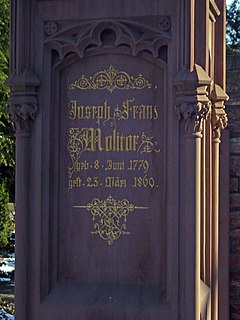 W
WFranz Joseph Molitor, or Joseph Franz Molitor was a German writer and philosopher.
 W
WDaniel Nettelbladt was a German jurist and philosopher.
 W
WPhilipp W. Rosemann is a German philosopher and Professor and Chair of Philosophy at Maynooth University. He is the co-editor of Dallas Medieval Texts and Translations. Prior to his tenure at Maynooth, he taught at the University of Dallas for twenty years.
 W
WJosef Simon was a contemporary German philosopher and professor of the University of Bonn, born in Hupperath. He wrote extensively on metaphysics, epistemology, the philosophy of German idealism and various philosophers, mainly Kant, Hamann and Nietzsche. Perhaps Simon's most influential work has been in the philosophy of language. His main work, Philosophie des Zeichens, has been influenced by, among others, Kant, Hegel, Peirce and Wittgenstein, Hamann, Humboldt or Nietzsche.
 W
WKarl Wilhelm Ferdinand Solger was a German philosopher and academic. He is known as a theorist of Romanticism, and of irony.
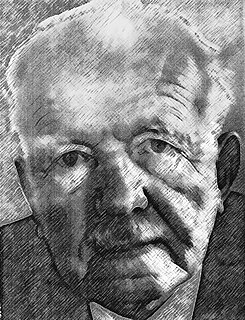 W
WEduard Spranger was a German philosopher and psychologist. A student of Wilhelm Dilthey, Spranger was born in Berlin and died in Tübingen. He was considered a humanist who developed a philosophical pedagogy as an act of 'self defense' against the psychology-oriented experimental theory of the times.
 W
WDolf Sternberger was a German philosopher and political scientist at the University of Heidelberg. Dolf Sternberger is known for his concept of citizenship in contemporary German political thought, and for coining the term "constitutional patriotism" (Verfassungspatriotismus) on the occasion of the 30th birthday of the Federal Republic.
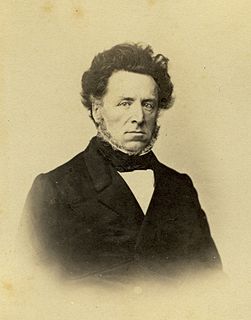 W
WLudwig Strümpell, after his ennoblement in 1870 von Strümpell, was a German philosopher and pedagogue.
 W
WJohann Christoph Sturm was a German philosopher, professor at University of Altdorf and founder of a short-lived scientific academy known as the Collegium Curiosum, based on the model of the Florentine Accademia del Cimento. He edited two volumes of the academy's proceedings under the title Collegium Experimentale.
 W
WGustav Teichmüller was a German philosopher. His works, particularly his notion of perspectivism, influenced Friedrich Nietzsche's philosophy.
 W
WJakob Thomasius was a German academic philosopher and jurist. He is now regarded as an important founding figure in the scholarly study of the history of philosophy. His views were eclectic, and were taken up by his son Christian Thomasius.
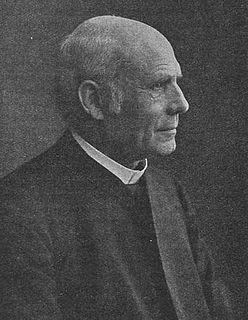 W
WTheodor Hubert Weber was a German theologian and professor of philosophy.
 W
WWilhelm Windelband was a German philosopher of the Baden School.
 W
WUrsula Wolf is a German philosophy teacher and writer.
 W
WRobert Zimmer is a German philosopher and essayist who writes biographies and popular introductions to philosophy and to the history of philosophy.